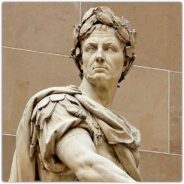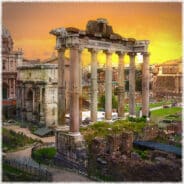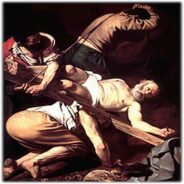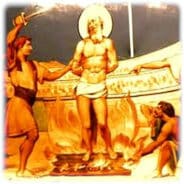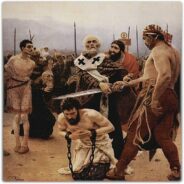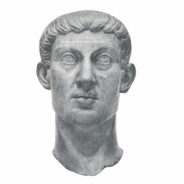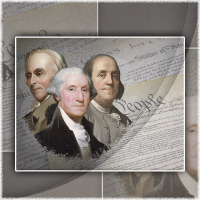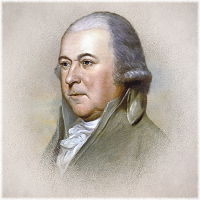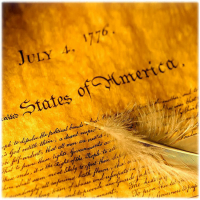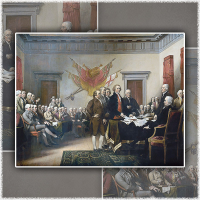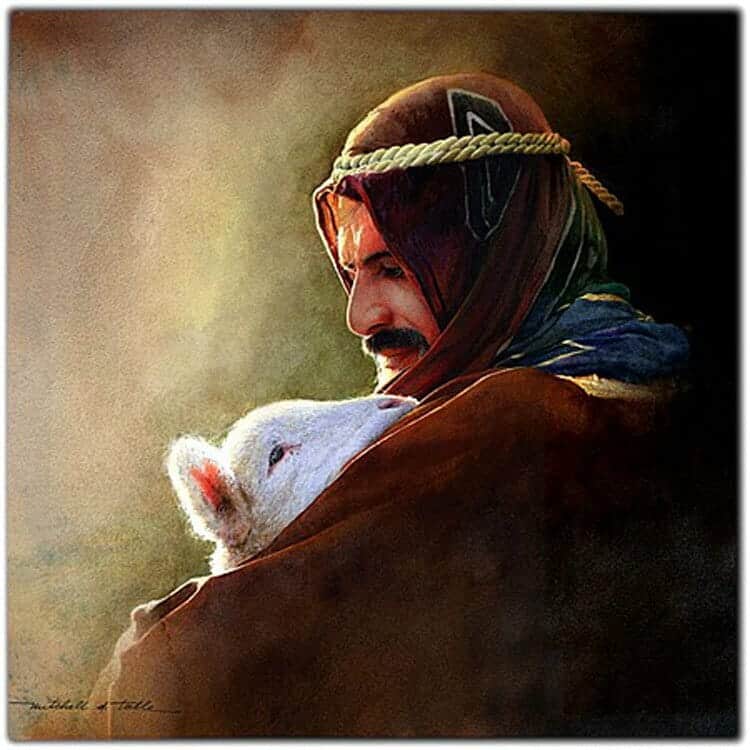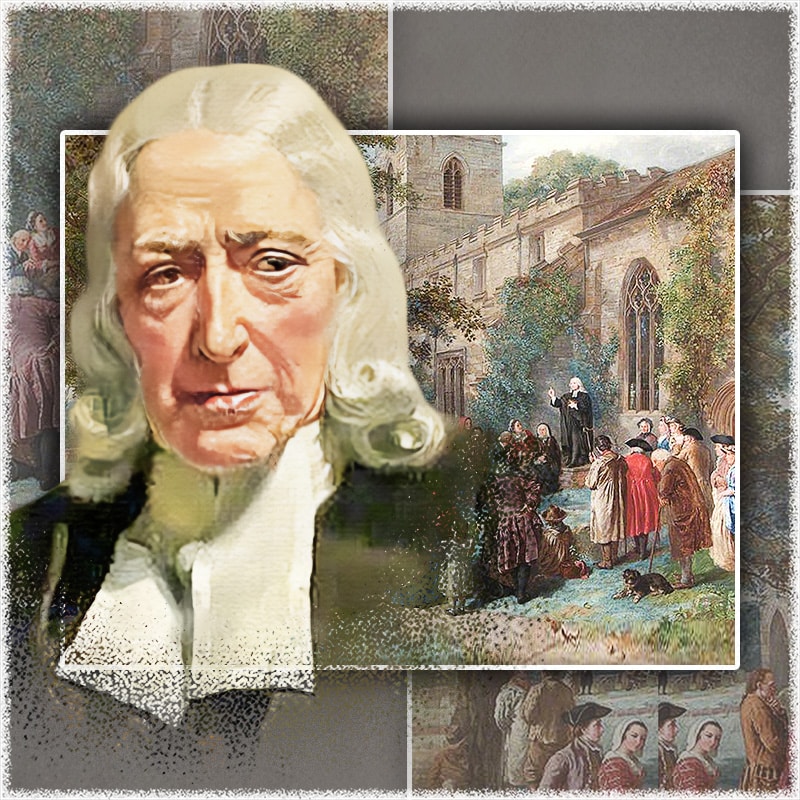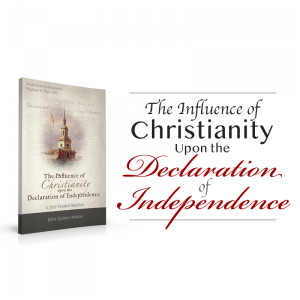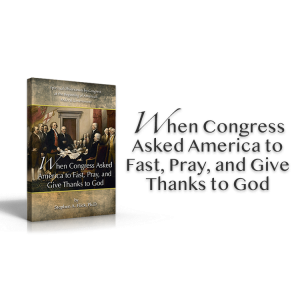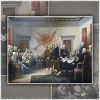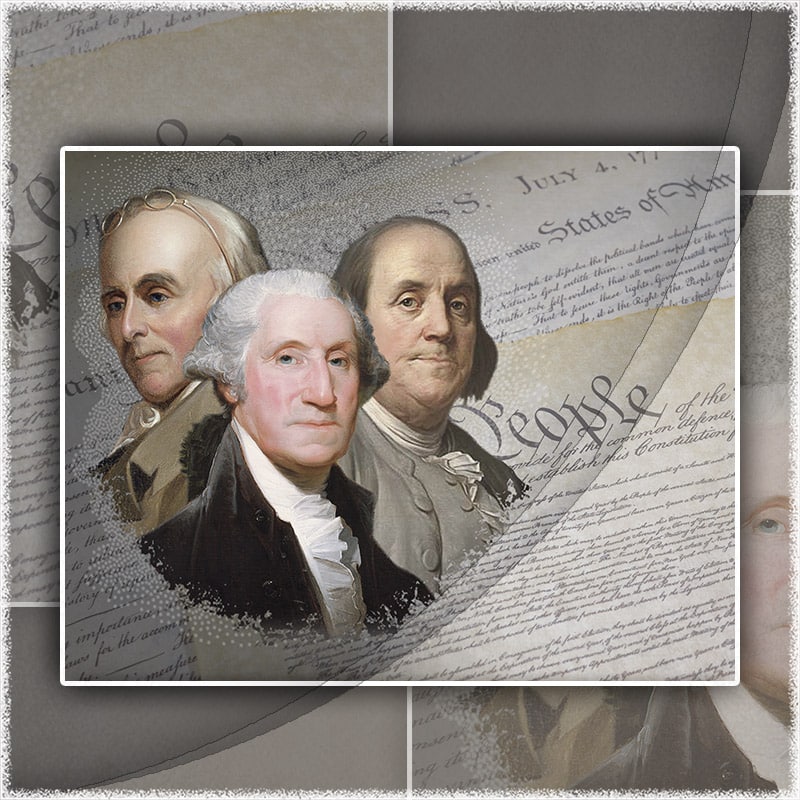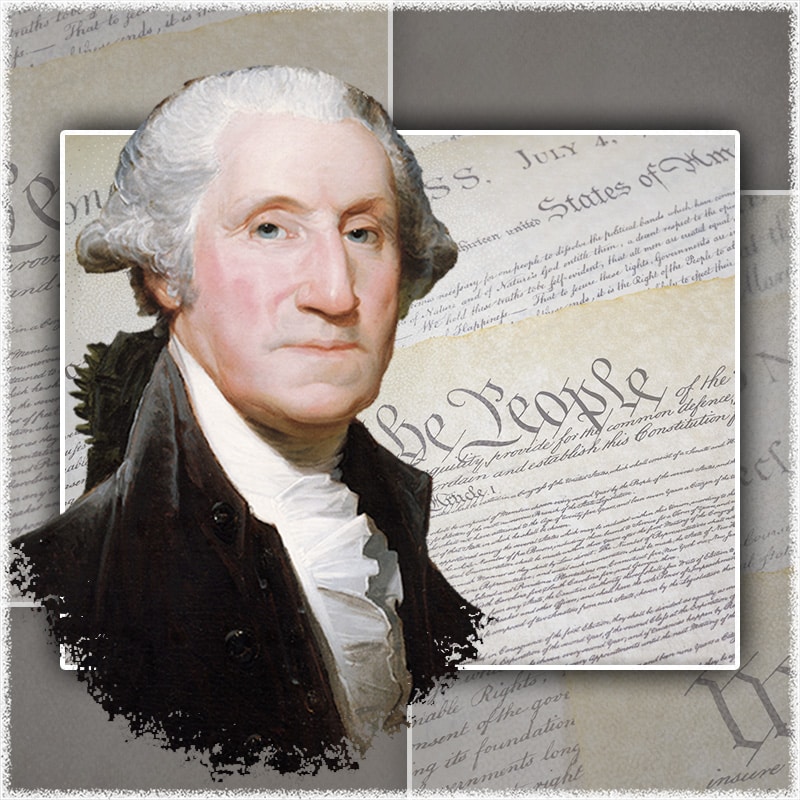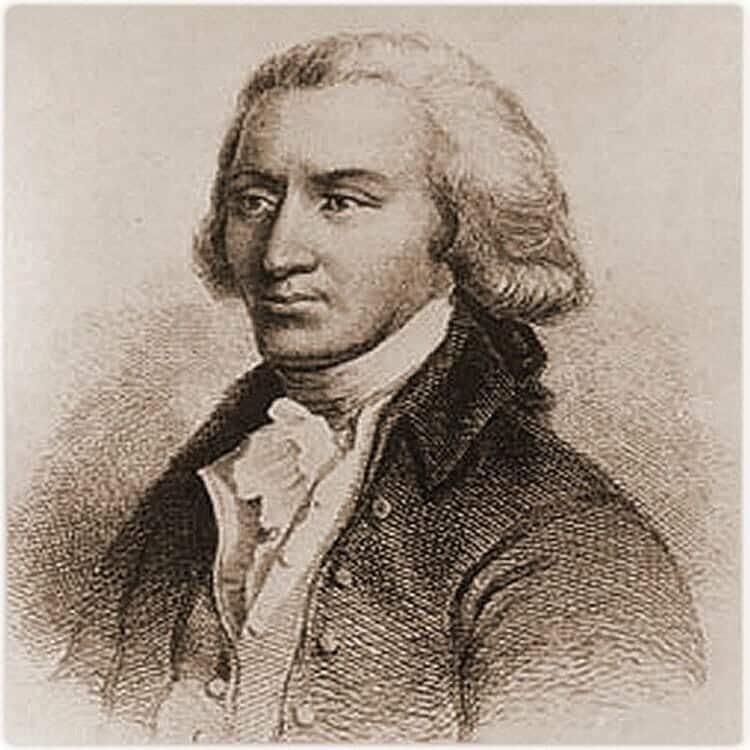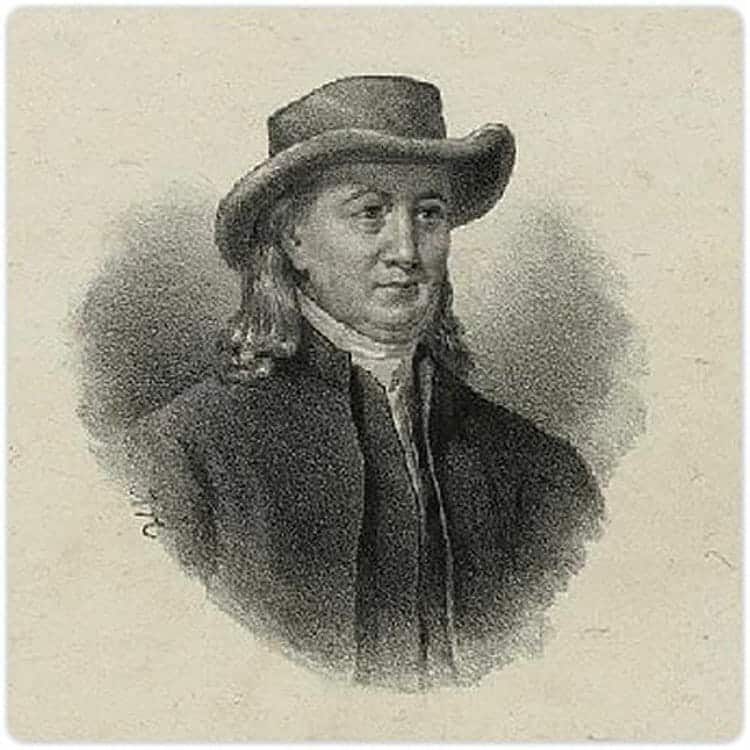Before 250, persecution of Christians was mainly sporadic and local rather than the result of a well-defined policy of the Roman government. After this date, however, persecutions of Christians by government became widespread and violent. In spite of such severe opposition, the Church continued to grow until the time of Constantine when Christianity became one of the tolerated religions of the Empire.
Table of Contents
Political Causes
As long as Christianity appeared as one of the sects of Judaism, it was not persecuted. Judaism enjoyed the status of the religio licita, or a legal sect. But when it became distinguished from Judaism, it came under the ban of the state, which allowed no rival for allegiance of its subjects. Religion could be tolerated only as it contributed to the stability of the state. In moral and spiritual loyalty, Christians refused to offer Caesar or the state unquestioned allegiance or priority.
Christians refused to offer incense on the altars devoted to the genius of the Roman emperor, and Christians would not enter the Roman army until after 313.
Religious Causes
Because Christian worship was spiritual and internal, it did not regard external practices and visible objects to be of any value. This was in contrast to the Roman religion with its pantheon of gods and its altars, idols, priests, rites, and practices. As a result, Romans leveled the charge of atheism against the Christians because they worshiped no visible god.
Also, Romans looked upon Christian worship with contempt, regarding them to be guilty of incest, cannibalism, and unnatural practices—which was the result of misperceptions concerning the kiss of peace, the Lord's Supper, etc. Such misunderstanding of Christian practice did much to encourage contempt of the new faith.
Social Causes
Generally, Christianity appealed to the lower classes of society. As a result, the pagan aristocratic social structure loathed the poor classes who refused to join in gatherings at the temples, theaters, and places of recreation.
Economic Causes
Christianity threatened the livelihood of pagan priests, idol makers, soothsayers, painters, architects, and sculptors. As a result, Christians were regarded as contributing to the decline of the Empire.
By the Jews (before 35)
In Acts 7:54-8:3, we read of the first persecution of the Church. Those who first persecuted the Church were not Romans, but the Jews themselves. Some of the deaths of early Christian leaders were directly the result of the Jews. Among them was Polycarp, bishop of Smyrna, who was burned at the stake, then stabbed to death when the flames did not sufficiently reach him.
Nero (64)
The persecution that occurred under Nero took place in the vicinity of Rome; Christians were made scapegoats for Nero's burning of Rome. This was the first organized persecution of the Roman state. It appears that the persecution of Christians was confined to Rome (64-68). The Apostles Peter and Paul were among Nero's victims.
Domitian (90-96, ca.)
The persecution under Emperor Domitian centered in Rome and Asia Minor; Christians were persecuted for having refused to offer incense to the genius of emperor. Christians suffered along with rebellious Jews who refused to pay a poll tax levied for the support of Capitolinus Jupiter. Under the reign of Emperor Domitian, Christians are persecuted because of their association with the Jews. During this persecution, the Apostle John was exiled to the Isle of Patmos (ca. 95) where the Book of Revelation was penned.
Trajan (98-117)
Emperor Trajan's persecution was sporadically enforced; Christians were associated with all other groups whose allegiance were suspect. When found, Christians were executed but were not actively hunted. During this persecution, Ignatius lost his life.
Hadrian (117-138)
Like Trajan, Hadrian sporadically persecuted the Church. Trajan's policies were continued; those who falsely accused Christians were punished.
Antoninus Pius (155, ca.)
At Smyrna in Asia Minor, Bishop Polycarp was martyred as an enraged populace led by Jews brought Christians before authorities.
Marcus Aurelius (161-180)
Emperor Marcus Aurelius opposed Christianity on philosophical grounds. Aurelius was a Stoic who had been bias against Christianity by his tutor, Fronto. Christians were blamed for natural disasters. Justin Martyr suffered martyrdom at Rome under the reign of Aurelius.
Septimus Severus (202-211)
Conversion to Christianity was forbidden under penalty of death.
Maximinus (235-236)
Under Maximinus, Christian clergy were ordered executed. Christians were persecuted because many had supported the emperor's predecessor whom he had assassinated.
Decius (249-251)
As Rome approached its first millennium of existence, fear for her well being surfaced. Because of natural calamities and internal and external attacks against the Empire, Emperor Decius decided to go on the defensive to protect her interests. Decius ordered that all citizens at Roman altars should make at least once a year an offering to the gods and the genius of the emperor. This became the cause for the first empire-wide persecution of Christians. Origen died during this persecution after suffering torture (251). Many Christians lapsed in their faith because of the severity of the persecution. The issue of whether a lapsed Christian could be reconciled to the church became a matter of great controversy. This controversy was known as Donatism.
Valerian (257-260)
Under Valerian, Christians' properties were confiscated and believers were not permitted the right of assembly. Cyprian, bishop of Carthage in North Africa, was martyred under the rule of Valerian in 258.
Diocletian & Galerius (303-311)
In an attempt to halt the continued decline of Rome, Emperor Diocletian ended the dyarchy (sharing of power between the emperor and the senate) of the Roman government that had been established by Caesar Augustus in 27 B.C., in favor of a strong monarchy. The persecution that followed was the worst persecution of all. Churches were destroyed, Scriptures burned, all civil rights of Christians were suspended, and sacrifice to the gods was required of all citizens. The extent of the persecution diminished when Diocletian abdicated his throne and retired in 305. Finally, Galerius issued an edict from his deathbed in 311 that granted toleration to Christians. It is believed that St. Nicholassuffered imprisonment during this persecution.
Freedom of Worship Under Constantine (313)
Though Galerius had issued an edict of toleration toward the Christians, persecution did not stop until Licinius and Emperor Constantine issued the Edict of Milan (313). This edict provided freedom of worship for not only Christians, but for all religions. From this point on, Christians enjoyed the freedom of worship and the opportunity to evangelize unbelievers. In 380 and 381, Emperor Theodosius I issued edicts making Christianity the exclusive religion of the Roman Empire. Ironically, the period in which Christianity ascends to the official religion of the state is the era in which the age-old struggle between the church and state begins.
Expansion of Christianity
First century
Following the resurrection, the believers in Jerusalem were estimated to be at least 500 (1 Cor. 15:6). Christianity was confined largely to the urban centers of the eastern section of the empire.
Second Century
Growth was rapid among the Greek-speaking Gentile population. The church in Alexandria became the primary church of Egypt. Tragically, with the rise of Islam, this important center of Christianity is subjected to the crusades of Islam against Christians.
Third Century
The gospel continued to spread in the western section of the empire and the Latin people. In Africa, Carthage arises as a powerful intellectual center for the Church.
It is estimated that by 300 A.D. between 5 to 15 percent of the empire was Christian, which was somewhere between 50 to 75 million.
Fragmentation of Christianity
Novatian Controversy (249-251; Emperor Decius)
Novatian was a Roman presbyter who resisted concessions to those who had compromised their allegiance to the faith under the Decian persecution. Disappointed by the election of Cornelius as Pope (251), he allowed himself to be consecrated rival Bishop of Rome, but suffered martyrdom in 257-58. This controversy dealt with the question of how an individual should be reclaimed who had lapsed or secured libelli pacis. Cyprian, before his martyrdom, was also opposed to an easy reconciliation. Two councils (251 and 252) recommended that they should be reconciled only after suitable penance and delay. It may be noted that though the Novatianists were thoroughly orthodox in their theology, they were excommunicated in the fifth century.
Donatist Controversy (303-311; Emperors Diocletian & Galerius)
Tension arose in North Africa as a result of the Diocletian persecution. The issue, which troubled the Church, was what to do with those who had not only lapsed in their commitment to Christ, but who had also given up copies of Scripture for destruction. Felix, who had betrayed the church during the Diocletian persecution, had consecrated Caecilian to the office of bishop of Carthage. A churchman by the name of Donatus insisted that Caecilian had no right to his office because he had been consecrated by Felix, who had betrayed the church. As a result, Donatus and his followers elected Majorinus as bishop and when Majorinus died, Donatus succeeded him. Constantine did not distribute any money to the Carthage church because of their position on succession. A synod, which had met in Rome, determined that the validity of the sacraments was not determined by the validity of the one administering the sacraments. Again in 314 the Donatists were decided against in a council of the Western bishops held at Arles.
America deserves to know its true heritage.
Please contribute today!
Related Articles


